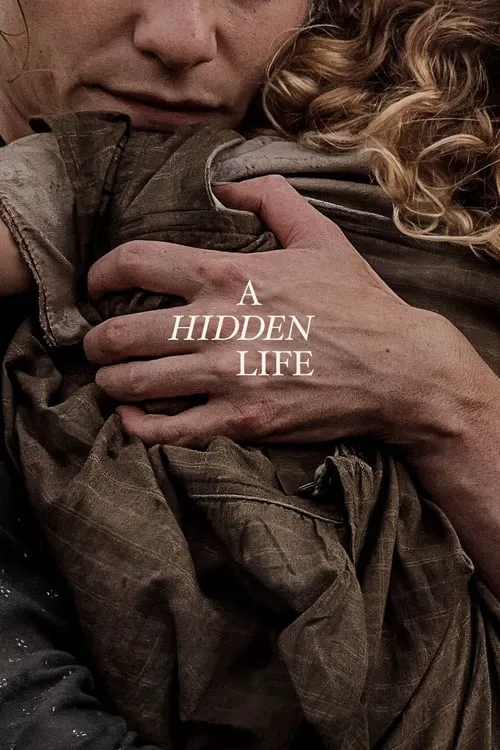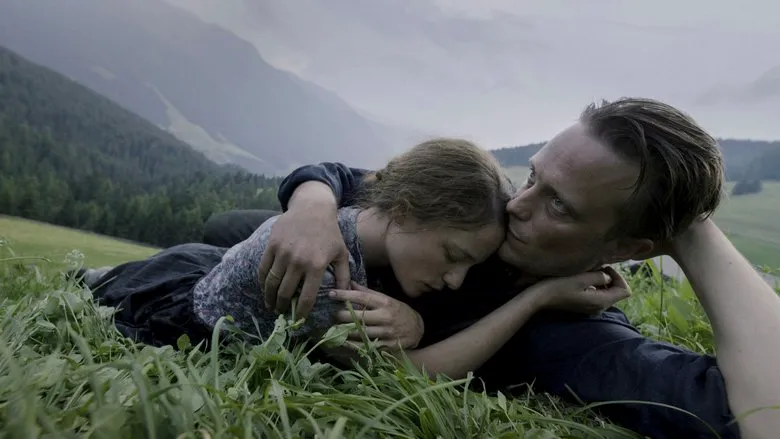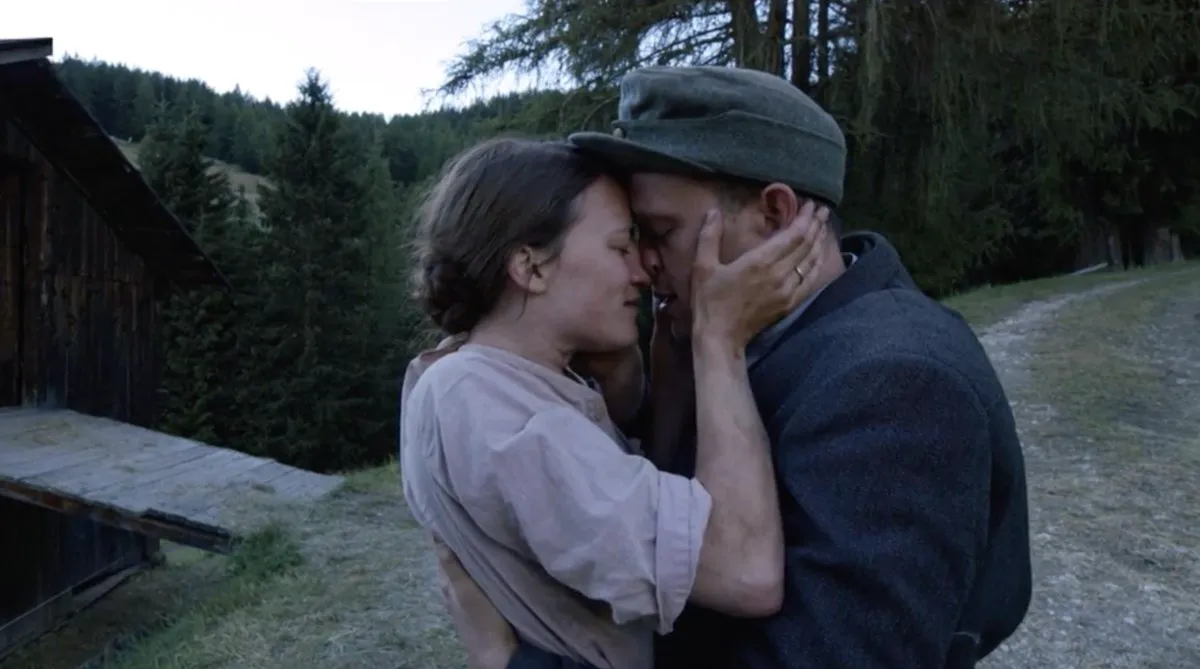A Hidden Life

Plot
A Hidden Life is a historical drama film directed and co-written by Terrence Malick, starring August Diehl, Valerie Pachner, and Matthias Schoenaerts. Set against the backdrop of World War II, the film tells the powerful and poignant story of Franz Jägerstätter, a conscientious objector from a small Austrian village who dares to challenge the authority of the Nazi regime. The film begins with a montage of scenic landscapes and images that set the tone for the story to come. It is 1938, and Austria has just been annexed by Nazi Germany. Franz (played by August Diehl) is a young farmer who lives with his wife Franziska (Valerie Pachner) in the picturesque village of St. Radegund. They lead a peaceful and simple life, surrounded by their friends and family. However, the rise of Nazi power in Germany soon casts a dark shadow over their lives. Franz is a devout Catholic and a patriot of Austria, but he is also a deeply principled man who refuses to condone the Nazi ideology. When the Nazis introduce conscription, Franz is called to join the military, but he is reluctant to fight for a regime that he believes is morally repugnant. He applies for conscientious objector status, citing his faith and his commitment to nonviolence. The film takes a detour to explore the complexities of Franz's inner turmoil. Malick employs a non-linear narrative structure, weaving together multiple storylines and vignettes that reveal Franz's thoughts, feelings, and experiences. The film's cinematography is stunning, capturing the beauty of the Austrian countryside and the faces of the people who inhabit it. As Franz's objection to military service is denied, he is called to appear before a judge in Linz. The encounter is a defining moment in the film, as Franz courageously articulates his objections to the Nazi regime and refuses to back down. His words are a powerful rebuke to the Nazi ideology, and they serve as a testament to his conviction and courage. Despite his conviction, Franz's family is deeply divided on the issue. His wife Franziska is worried about the consequences of his actions, while his friends and neighbors are increasingly hostile towards him. The film portrays the difficult choices that Franz has to make, and the impact that his decision has on those around him. As the film builds towards its climax, Malick's direction becomes increasingly lyrical and evocative. The cinematography is breathtaking, capturing the beauty of the Austrian mountains and the faces of the characters as they grapple with the complexities of war and morality. The film's score is equally beautiful, featuring a haunting soundtrack that complements the narrative's emotional intensity. The film's final act is a powerful tribute to Franz's courage and conviction. Despite the threat of execution, Franz refuses to recant his objections to military service. His final words, spoken before the firing squad, are a moving testament to his faith and his commitment to nonviolence. A Hidden Life is a powerful and poignant film that shines a light on a little-known chapter in World War II history. The story of Franz Jägerstätter is a testament to the power of conviction and courage in the face of overwhelming adversity. The film is a triumph of storytelling, with Malick's direction and the performances of the cast bringing the story to life with wit, intelligence, and emotional depth. At its core, A Hidden Life is a film about the human spirit, and the capacity for individuals to resist oppression and challenge unjust authority. It is a powerful reminder of the importance of courage, conviction, and faith, and the impact that individuals can have on the world around them. The film is a must-see for anyone who is interested in history, philosophy, or the human condition, and it will leave viewers reflecting on the themes and ideas long after the credits roll.
Reviews
Articles
1. A Reading of the Film Title: Terrence Malick's "A Hidden Life"

A Hidden Life: A Profound Requiem for Western Tradition and Enduring FaithA poignant still from Terrence Malick’s ‘A Hidden Life’, depicting characters immersed in the serene rural landscape.Terrence
2. The Thin Art of Not Giving a F*ck: A Review of Terrence Malick's "A Hidden Life"

A Quiet Heroism: The Anti-War Masterpiece of a Man Who Refused to Fight for the Third ReichAustrian farmer Franz Jägerstätter (August Diehl) lives a peaceful life in the idyllic village of Radegund. H
Recommendations




